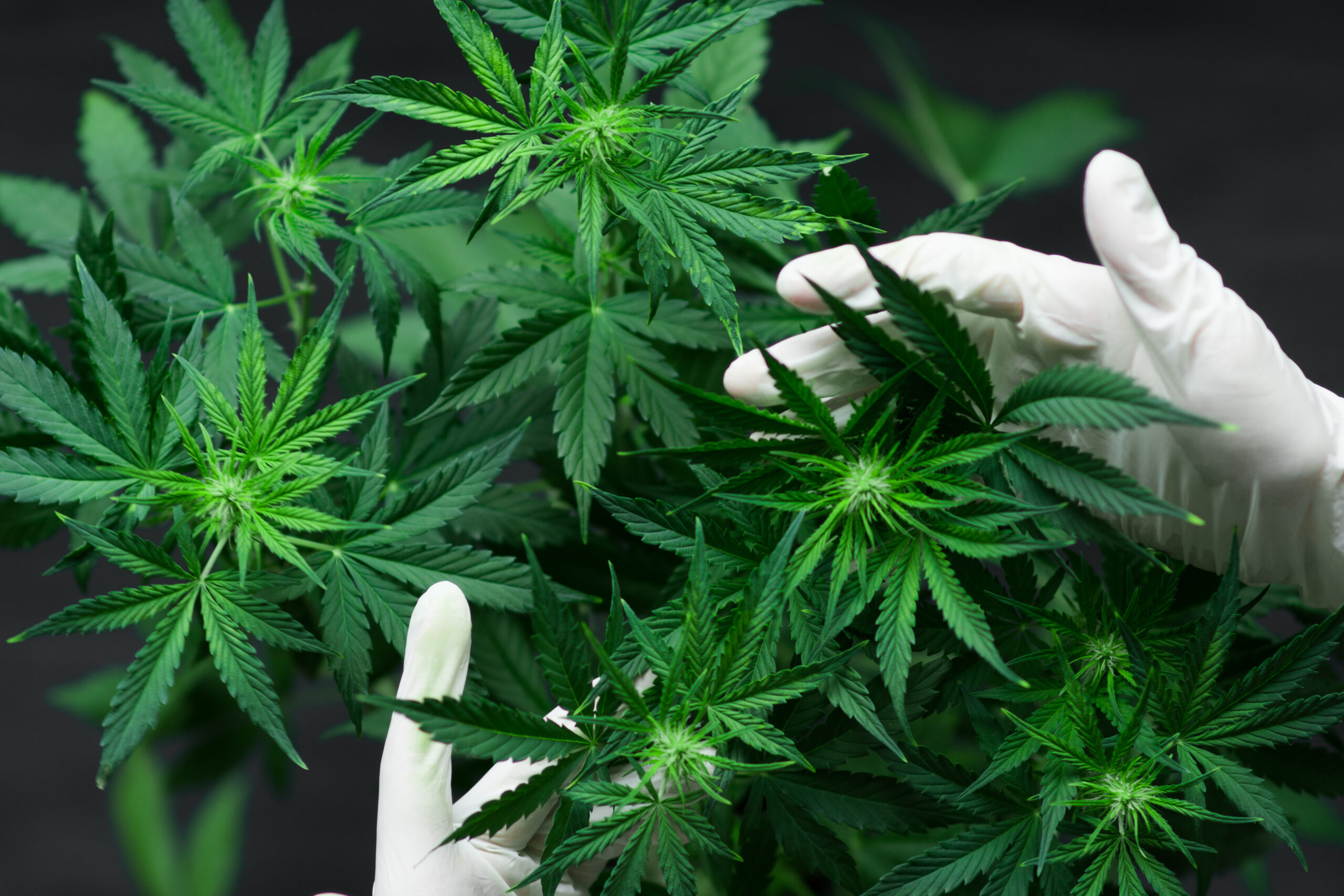The Thai cannabis industry is in limbo. The Government of Prime Minister Srettha Thavisin intends to re-regulate the sale of the plant and reduce it only for medical use, something that worries the industry.
Thailand was the first Southeast Asian country to decriminalize cannabis last year. Since then, more than a million people have registered to grow cannabis and almost 6,000 stores selling this psychoactive plant have opened across the country. More than 1,200 of them are in Bangkok.
What do cannabis sellers say?
May Kamkrad opened her store Fat Buds Weed Shop in the Ekkamai neighborhood of Bangkok, shortly after decriminalization. She says that her clients are both local and foreign, and that her business has changed her life: “I had to borrow money to open. Cannabis has given me a job and made me learn how to make money. I used to work in a restaurant, but now I make more money. My family and our lives have improved. As I earn more, I can support my family,” she explains to DW.
The creative and cozy decoration of the establishment reflects its humble beginnings: “We didn’t invest a lot of money in this. We had the table and the air conditioning, that’s all. The rest has been added over time. For us it’s not just about making good money, it’s about acting for the long term, gaining the trust of the community and trying to do the right thing,” says Ricky, who runs the store together with May.
The exponential growth of the industry
Fat Buds It’s not like the flashy new vendors in Thong Lo, Bangkok’s nightlife area. There, many stores operate in renovated buildings, with clean counters, bright lights and higher prices. They look like medical centers.
The Thai Chamber of Commerce estimated that the cannabis sector could be worth $1.25 billion by 2025. However, according to Kitty Chopaka, activist and shop owner Chopaka In Bangkok, any restrictions will affect sellers.
“I support more than 50 farms in my store, and one farm is usually equivalent to a minimum of one to five families,” he tells DW. He believes the public should be able to access cannabis responsibly, as the industry has proven it can follow the rules.
Gloria Lai, Regional Director for Asia of the International Drug Policy Consortium, views the entry into force of the new regulations with concern: “The industry has grown a lot. Whatever new regulations are adopted, they will affect a wide range of people,” she explains to DW.
How will the industry change?
However, Carl Linn, co-founder of Cannabox Thailanda cannabis delivery service, believes that recreational consumption is here to stay: “I think what will happen is that, when all this is resolved, we will have a new version of what medical cannabis is,” he told DW.
“I believe there will be regulations designed to create an environment in which only medicinal cannabis can be grown and sold. The goal is not the bombastic all-or-nothing idea regarding cannabis. I think cannabis will be available to those who want to consume it in Thailand,” he stresses.
Of course, he predicts a profound change: “They are going to require all suppliers to present certificates of analysis. It is an expense that will close many dispensaries that are not eligible for a new license. “I think more than 65 percent of Thailand’s suppliers will disappear, so the picture will be very different.”
(ju/rml)
